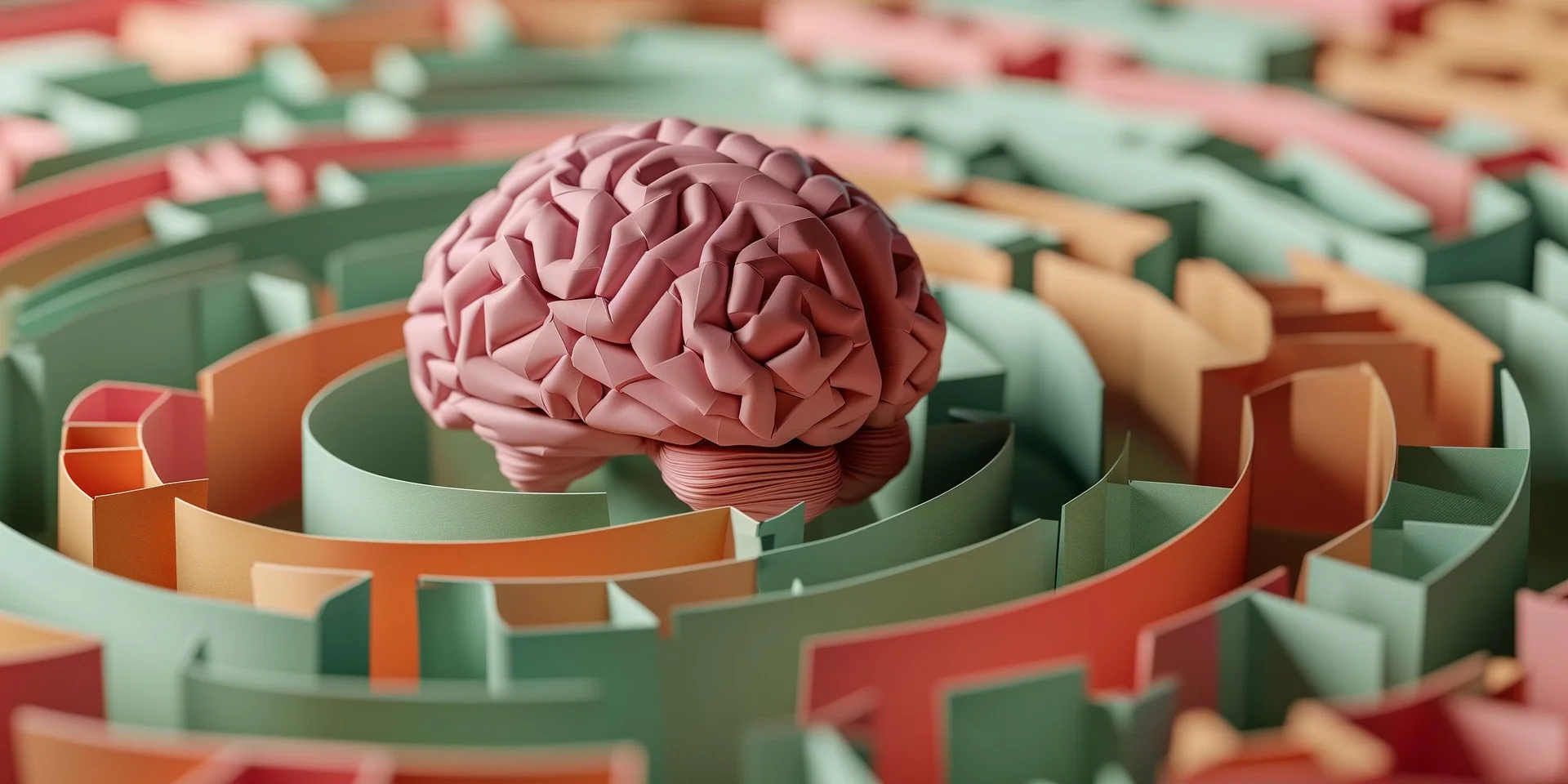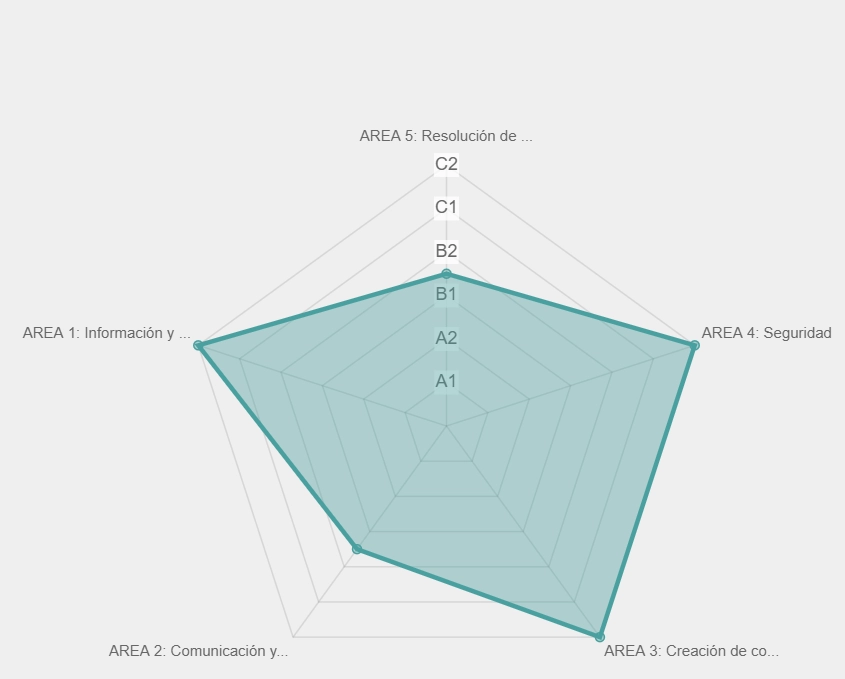Gamification in Learning
Gamification has emerged as a key tool in education, leveraging game-like dynamics to encourage active learning and motivate students. This methodology transforms education by creating environments where student motivation and engagement are heightened, promoting more effective and meaningful knowledge acquisition (Hernández, S. Z., Mena, R. A., & Ornelas, E. L., 2016).
From a neuroscience perspective, it has been proven that the brain responds positively to emotional stimuli during learning. Sabrina Cecilia Abram, an educator and specialist in neuroscience applied to education, asserts that introducing positive emotions into the classroom through playful activities stimulates areas of the brain related to memory and attention, fostering the creation of new neural connections. This results in more robust and lasting learning. This approach, known as neuroeducation, underscores the importance of learning environments that integrate both emotions and critical thinking to maximize students’ cognitive development (Abram, S. C., et al., 2022).
Additionally, gamification promotes the acceptance of errors as part of the learning process, countering traditional educational models where mistakes are penalized, often leading to frustration. Cinthia Noelia Acuña, an educator with experience in primary education, highlights that this methodology allows students to view mistakes as opportunities for improvement and growth. This fosters a sense of control and boosts self-esteem in the classroom (Abram, S. C., et al., 2022). According to neuroscientist Francisco Rodríguez Santos, education produces profound changes in the brain that enhance personal development and the learning process. This reinforces the idea that a gamified approach can be instrumental in enabling more meaningful and lasting learning (Hernández, S. Z., Mena, R. A., & Ornelas, E. L., 2016).
In conclusion, gamification, supported by neuroscience research, not only enhances academic performance but also strengthens students’ social-emotional skills. By creating playful and emotionally stimulating environments, educators can effectively motivate their students, facilitating significant and sustainable long-term learning.





